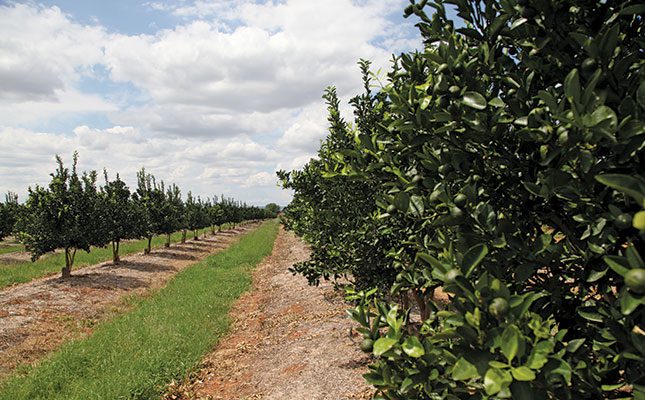
Markets for citrus, macadamias and avocados remain subdued due to the global economic downturn, while volumes are increasing from more orchards coming into production.
Robert Davel, CEO of Mpumalanga Agriculture, noted that the prices of all three crops that farmers were hoping for, and in some cases had bargained on, were not being realised.
“Produce is also not moving as was hoped and at a rate seen in previous years. Avocados and macadamia nuts are to a large extent luxury products, and people who are under financial strain are not buying the volumes they used to.
“In the meantime, production costs are running away with farmers. The increase in the national minimum wage and the additional costs associated with load-shedding have had a big impact.”
Consequently, cash flow was under pressure, especially among farmers who took out loans when prices were still high. Davel pointed to reports that farms in the Lowveld were coming up for sale at a higher rate than normal.
He added that his recent conversations with commercial banks showed that bridging financing was being made available to farmers struggling with their cash flow, but this was merely easing the pressure, as extending overdrafts would only make the situation worse.
The downturn experienced by the subtropical industry was not unique, however, according to Loffie Brandt, head of sales enablement at Absa AgriBusiness; it was normal in agriculture.
“All industries work in cycles, whether it be prices, weather, supply or demand. With agriculture, there’s always pressure for farmers paying back loans, because farming is so unpredictable. That’s why we as a bank factor in these risks when providing loans.
“We always see big loans when the prices are high as farmers want to expand. But when prices drop, they run the risk of having too much debt. We saw it in the citrus industry, which peaked and dropped before the macadamias. Then those who are in a better financial position and have geared themselves for the downturn will use this opportunity to expand their businesses by buying farms coming onto the market.”
Brandt said problems in the market usually took a season or two to filter down to farms, and that the true effect of the challenges faced by citrus and avocado farmers would only be felt from next year.











